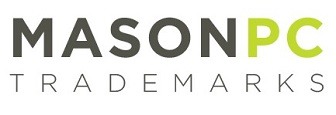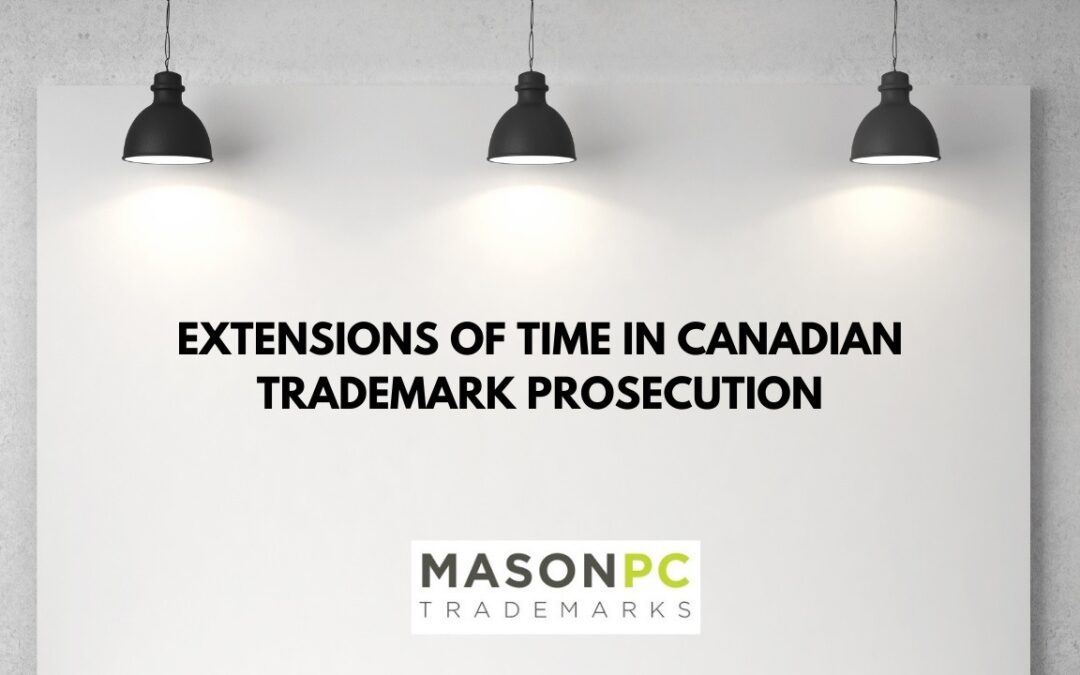Extensions of time in Canadian trademark prosecution are exceptional. The seemingly limitless ability to secure extensions in trademark examination is simply a thing of the past. Foreign counsel and domestic applicants should plan to instruct their Canadian counsel with promptness when objections are issued against their Canadian trademark applications.
Under the current regime, the Canadian Intellectual Property Office (“CIPO”) will issue an Examiner’s Report where an official objection has been laid against a trademark application. The initial response period is six (6) months from the date of the Examiner’s Report letter. An extension of this period is only available where the trademark applicant establishes ‘exceptional circumstances’ that justify an extension of time.
Thankfully, there are examples of ‘exceptional circumstances’ that we can use to guide us. The following can apply to extend the initial 6-month response period and subsequent periods where circumstances persist:
- a recent change in the trademark agent on record;
- circumstances beyond the control of the person concerned (such as illness, accident, death, bankruptcy or other serious or unforeseen circumstances)
- a pending request to record or register the transfer of an application or registered trademark, and said transfer will overcome a confusion objection);
- the cited co-pending and confusing trademark is the subject of a pending opposition proceeding;
- the cited registered trademark is subject to a pending non-use cancellation proceeding;
- the applicant is in the process of actively negotiating a consent from the holder of a cited prohibited mark or an official mark;
- the applicant has filed a request to divide, in respect of Canada, the international registration on which the original protocol application is based.
There are two other examples of ‘exceptional circumstances’ proffered by CIPO.
- the applicant requires more time to respond to an objection that the trademark is not registrable, is confusingly similar to an earlier mark or is not inherently distinctive; and
- the applicant requires more time to compile evidence that the trademark was distinctive as at the date of filing (acquired distinctiveness)
To state the obvious, these circumstances are arguably not as ‘exceptional’ as those before. It may therefore be easier for a trademark applicant to establish one of them.
The catch, however, is that you can only rely on any one of these reasons once throughout the entire life of the trademark application. They cannot support subsequent requests for extension of time.
Where official objections are merely technical (e.g. requests to redefine specifications of goods and services or Nice classifications requests), extensions of time may not be available any at all. Unless a trademark applicant can show exceptional circumstances (akin to the first set of examples), an extension of time request will be denied.
That said, in cases of Examiner’s Reports containing both technical and substantive objections, if an applicant secures an extension on exceptional circumstances based on the substantive objections, this will extend to the more minor, technical objections as well.
All in all, a domestic trademark applicant or foreign associate counsel may have much less time than desired or expected to respond to official trademark objections in Canada. Trademark applicants and foreign counsel should therefore endeavour to be prompt in instructing Canadian counsel to respond to official objections.[/fusion_text]


